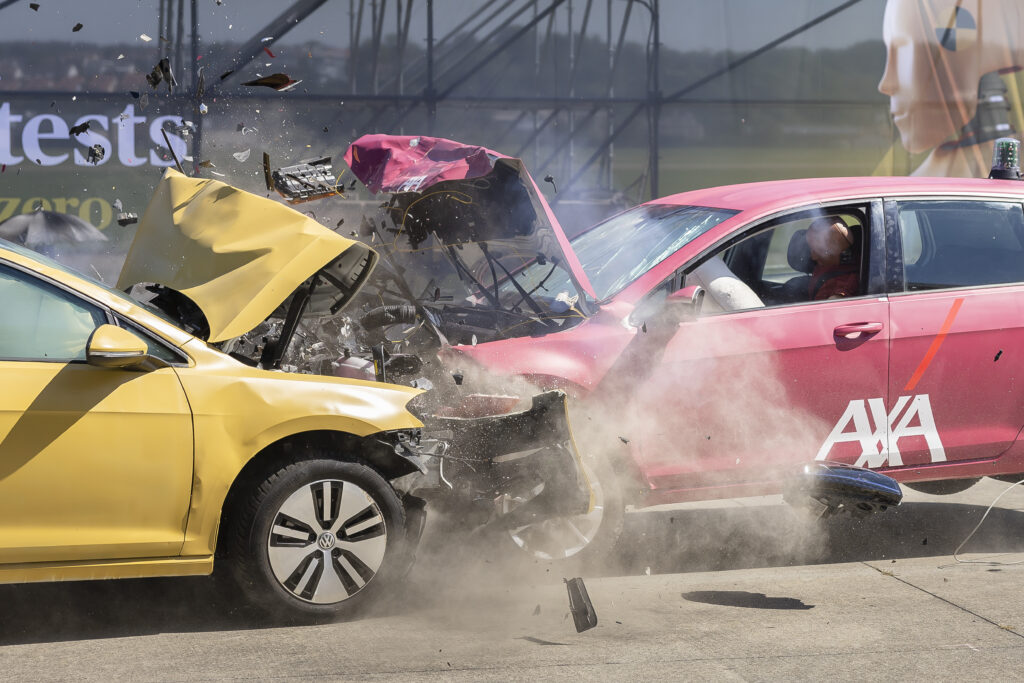Electric vehicles (EVs) rely on energy stored in onboard batteries rather than petrol or fuel. Because these batteries are substantially heavier than a full gasoline tank, electric vehicles are typically heavier than gasoline vehicles. The additional weight and the existence of onboard batteries raise concerns. Incidents involving electric vehicles may result in greater damage and injuries than incidents involving simply gasoline-powered vehicles. EV accident research has yet to yield a definitive explanation. Contact an Auburn car accident attorney today for more information about EV accident claims.
Increased weight equals greater danger.
The batteries in electric vehicles weigh more than a full gasoline tank, adding to the vehicle’s overall weight. The entire weight of the vehicle grows with its size. A GMC Hummer EV, for example, may weigh more than 9,000 pounds in total, including the 2,900-pound battery.
In an accident, heavier cars are associated with an increased risk of death and serious injuries. According to one research, when two automobiles crash, the probability of fatality jumps by 47% if one vehicle weighs 1,000 pounds more. The batteries alone may add more than 1,000 pounds to the weight of an electric vehicle, as demonstrated by the GMC Hummer EV.
According to the National Transportation Safety Board (NTSB), this greater weight may result in more catastrophic injuries in an accident. According to the NTSB, EVs may weigh up to one-third more than gasoline-powered vehicles. Greater weight equals greater momentum in a collision, which means more force is applied.
According to preliminary insurance company data, injury claims submitted by EV owners following collisions are fewer than average. These figures may indicate that EVs are safer in an accident for individuals inside. However, the figures do not include injury claims submitted by occupants of gas-powered vehicles, bicycles, pedestrians, or anyone who may have been hurt in an EV-related collision.
Risks of onboard batteries in EV crashes
Both electric and gas-powered cars carry a risk of fire and explosion. In a collision, an EV’s batteries may burst or catch fire, while a gasoline-powered vehicle’s gas tank may also catch fire or explode.
Statistics show that onboard battery fires are uncommon. Tesla data, for example, shows that EVs have just five car fires per billion vehicle miles traveled, compared to 55 fires per billion vehicle miles traveled by traditional gasoline vehicles.
Have you or a loved one been harmed in an electric car accident ? Speak with an experienced lawyer now to learn more about your legal options and the next steps.





More Stories
An Overview of Total Health Institute Complaints
Keto ACV Gummies: A Tasty Twist on Your Low-Carb Lifestyle!
The Ultimate Guide to Papxnmoxk